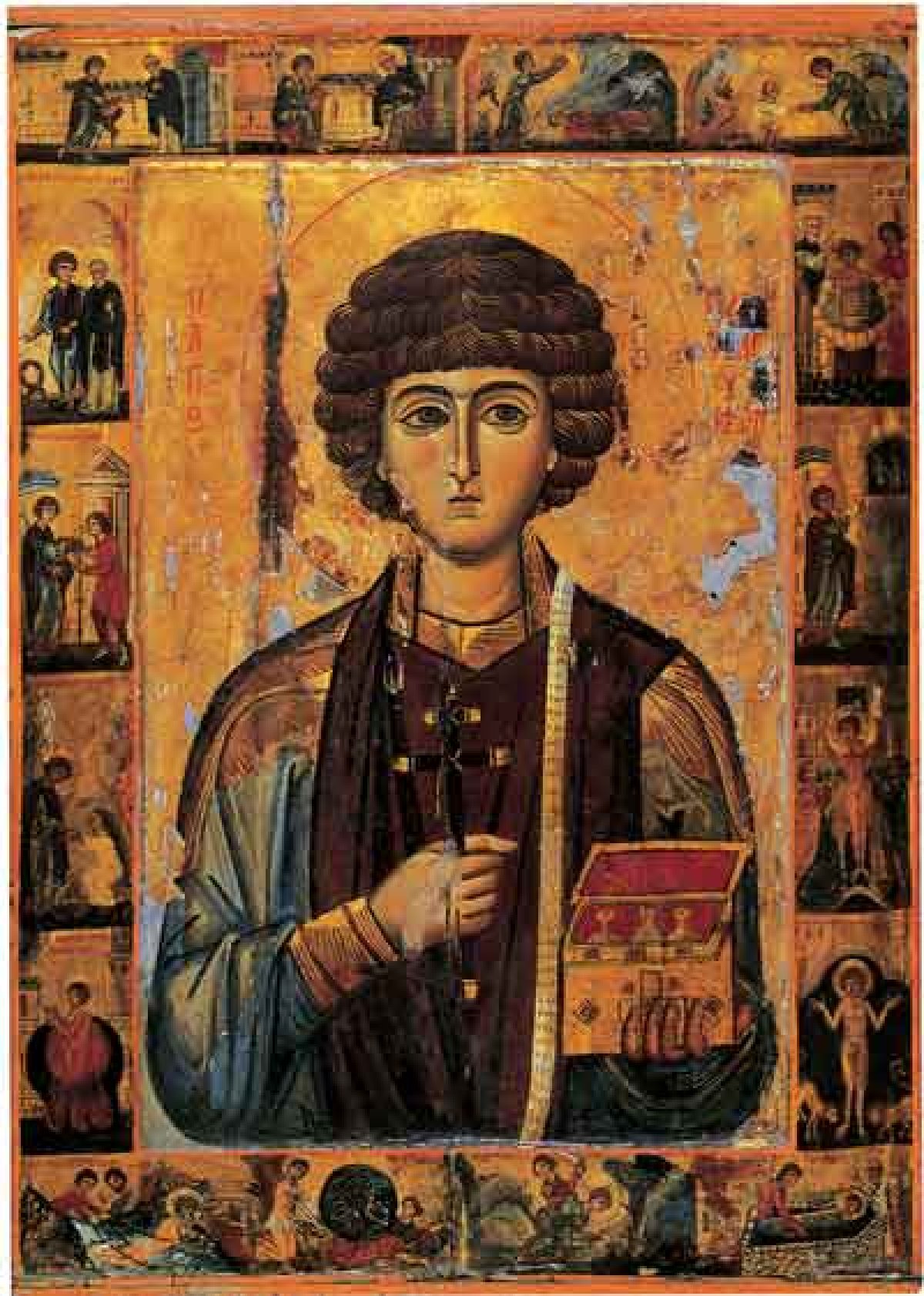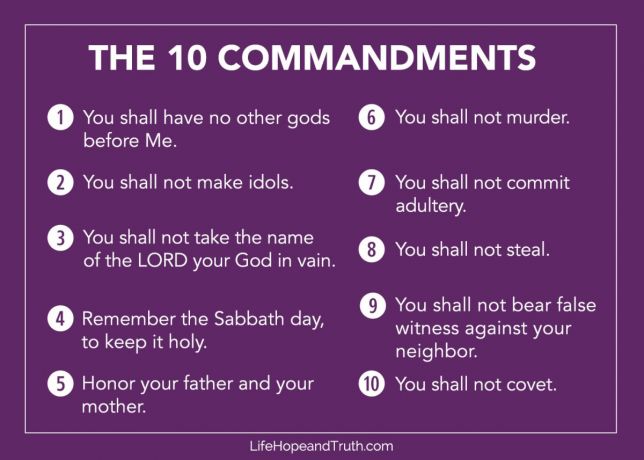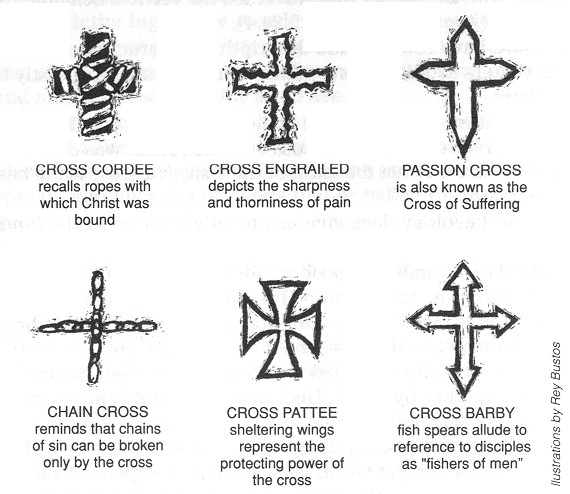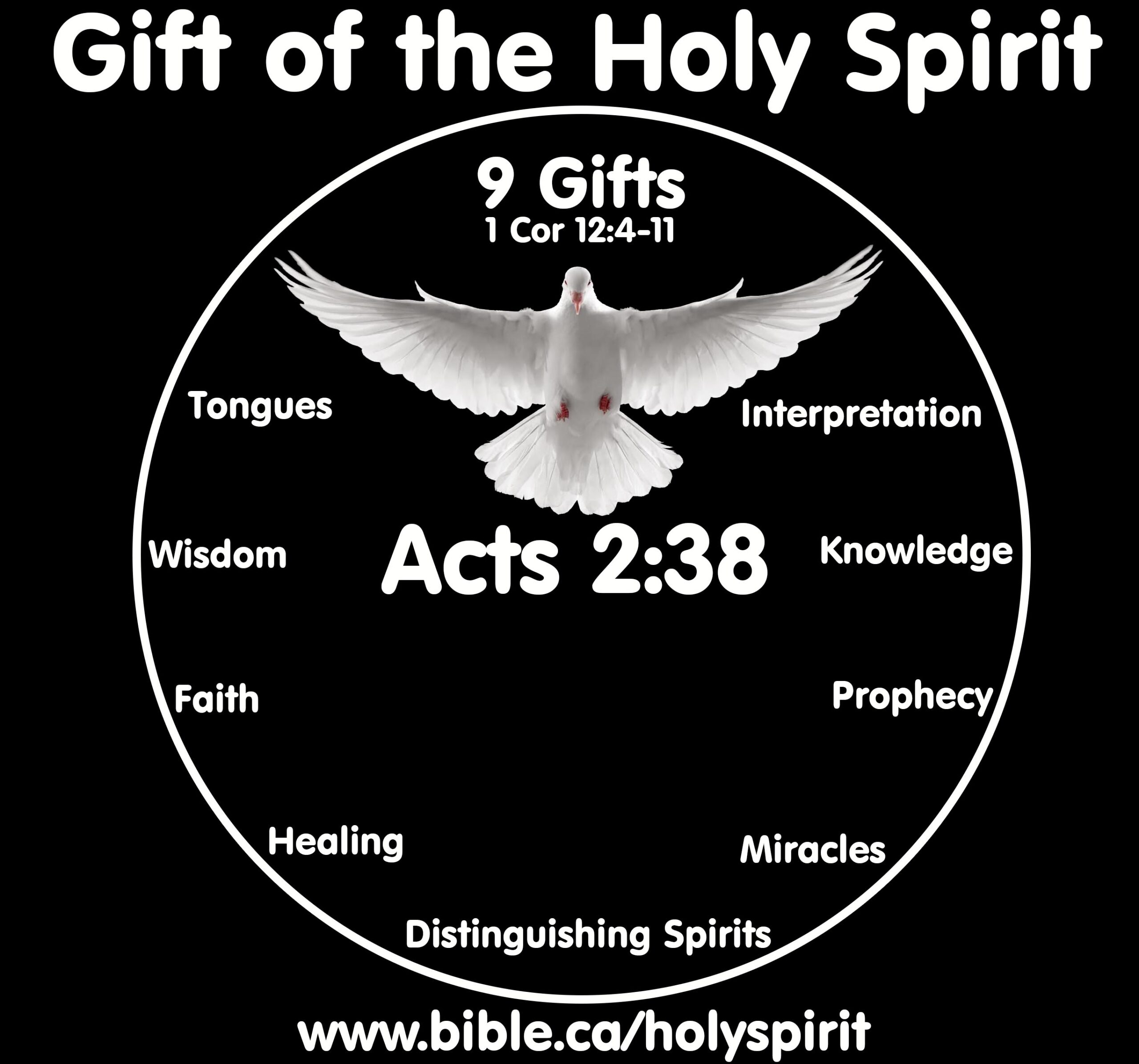List Of Parables In The Bible Pdf
List Of Parables In The Bible Pdf
Parables are short stories or “lessons” told by Jesus to his disciples and others. These stories were meant to teach people about God, but they also contained deeper meanings than just their surface meanings. Parables typically took place in the natural world, but they often contained supernatural elements such as angels, demons, miracles and other things not commonly seen by ordinary humans.
The parable of the sower
The parable of the sower is found in the gospel of Mark 4:1-20. It tells us that God’s word will be sown in the hearts and minds of all men, but some will accept it while others reject it.
The parable starts with a farmer who sows seed in his field, where it falls on different types of ground (some good soil, some rocky soil, some thorny soil). He then explains how each type of ground corresponds to one’s spiritual receptivity: those with good hearts will have positive responses to God’s message; those with rocky hearts will receive that same message but their egos won’t let them accept its truth; those with thorny hearts are too distracted by worldly issues or concerns that they can’t see past their own noses to understand what God wants from them. That last group—those who ignore his words—are referred to as being “deaf” because they don’t listen when others try telling them about Jesus Christ.”
The parable of the soils (or The parable of the four soils)
In the parable of the soils, Jesus explains how God’s word is spread throughout the world. The word is like a seed that falls on different types of soil and grows differently in each case. In this parable, four different types of soil are mentioned:
- A hardened heart
- A shallow heart
- A rocky heart
- A thorny heart
The wheat and tares
The parable of the wheat and tares is found in Matthew 13:24-30.
The Parable of the Wheat and Tares is a parable about the end times. It refers to how at some point during Christ’s second coming, he will separate out good people from evil ones by removing their good deeds as if they were weeds (the “tares”).
The mustard seed
The mustard seed is the smallest seed, and is used as a symbol of the kingdom of God. It is also used as a symbol of heaven, being one of the smallest things in all creation.
The Bible says that Jesus said to his disciples: “The kingdom of heaven may be compared to someone who sowed good seed in his field; while people were asleep, an enemy came and sowed weeds among the wheat, and then went away.” (Matthew 13:24-25). In this parable, the field represents this world; what is sown are children born into this world who are sinners like their parents (Matthew 7:11). The harvest period will come when Christ returns at His Second Coming to judge all nations (Matthew 25:31-46), separating those who have faith from those without it. Those without faith will be cast into hell (Revelation 20:15).
The leaven
Leaven is a symbol of evil. It represents hypocrisy, sin, pride and any other behavior that goes against God’s will.
The leaven also represents the Kingdom of Heaven. The Kingdom of Heaven is like leaven; it has power to change everything around it by its own influence and characteristics.
The Bible says that Jesus was mild-tempered and humble, yet he had tremendous power over those who were disobedient to God’s Will (Matthew 11:25). Such a person is like pure yeast which spreads throughout an entire lump of dough or batter until it becomes full of holes (1 Corinthians 5:6).
The hidden treasure
The hidden treasure parable is found in Matthew 13:44-46. But it’s not just a parable; it’s an analogy!
The kingdom of heaven is like a treasure hidden in a field. When a man found it, he hid it again, and then in his joy went and sold all he had and bought that field.In other words, the kingdom of heaven is worth more than anything else you own. It is better than any physical possession on earth—even your life!
Pearl of Great Price
The Pearl of Great Price is a parable in the Bible. It is also known as the Parable of the Merchant Seeking Good Pearls. It is found in Matthew 13:45-46 and Luke 15:11-32.
In this parable, a merchant has gone to different places looking for good pearls to buy, but he has not found any yet. He had an urge to find one so that he could sell it for a lot of money and be happy at last. He went back home and told his friends about it, who told him that there are no good pearls like what he was looking for anymore except one – she was called “the Pearl of Great Price” since she was very valuable (she also means “a precious gem or jewel”).
The merchant realized that if this was true then finding her would make him happy even though he knew nothing about her yet because she was priceless after all!
Dragnet (fishing net)
The dragnet is used in fishing. It is used to catch a lot of fish at once, and it catches fish that are too small or too large to eat.
Householder (or household items)
The Householder (or household items)
This parable is about a man who is preparing for a party. He invites his friends, but they all refuse to come. He then invites his enemies, and they all come. The party is a metaphor for the Kingdom of Heaven.
Unmerciful servant (unmerciful debtor)
The parable of the unmerciful servant, also known as the parable of the unforgiving debtor, is a parable about debt forgiveness. It is told in Matthew 18:21-35 and Luke 17:3-10.
In this parable A man who owed his king a huge sum of money (debt) begged for mercy from his king because he couldn’t pay him back (repayment). The king was moved by this plea and forgave him all that he owed him (forgiveness). Later on, another man came to borrow some money from him but couldn’t pay it back so instead he had both his hands cut off (punishment) when he did not forgive others their debts or debts they owed him which resulted in many people mocking the cruel behavior of this king towards others with no mercy at all towards them even though they had no way of paying back what they borrowed(revenge).
Friend at midnight (Friend at midnight parable)
“`
The parable of the Friend at Midnight (also known as The Lost Coin) is a parable of Jesus’ about the joy that comes from finding something lost. It appears in Luke chapter 15: 8-10.
It features two characters – an unnamed woman who loses one of her ten silver coins, and someone named Mary who finds the coin while sweeping her family’s house.
Workers in the vineyard
- Workers in the vineyard. The parable is about the laborers who were hired by the landowner to work in his vineyard. He hired workers at different times of the day, paying them a different amount depending on when they were hired. This allowed him to pay those who worked all day less than those who worked only part of it, since he had limited time to work with each worker and still finish before sunset. His actions seemed fair and equitable (at least on paper), but there was understandably great resentment among those who worked all day only receive one denarius as opposed to two or three denarii for people who had only worked a few hours because they started late or quit early. This is why Jesus tells this story: he wants us all to know that God works differently than we do!
Two sons
The Parable of the Two Sons is a parable of Jesus. It is found in Matthew 21:28–32 and Mark 12:1–12 and Luke 20:9–19.
In this parable, a man has two sons who ask him to give them his inheritance while he is still alive so they can be free to spend it on their desires. The younger son asks for his share immediately; the older son asks for it when his father dies. The father gives the younger son his share immediately and keeps all that was due to him until both have received their full due.[2]
Wicked husbandmen (wicked tenants)
The parable of the wicked husbandmen is often called the parable of the vineyard. These two terms are interchangeable, but it is better to use one or the other consistently.
In both cases, this parable refers to tenants who do not care for their land properly and are punished by having their property taken away from them.
Marriage feast (the great banquet or wedding feast or king’s wedding feast or marriage of the King’s son or royal wedding feast)
The parable of the marriage feast (also known as the great banquet or wedding feast) is a parable of Jesus that appears in Luke 14:15-24. In it, a king prepares a wedding feast to celebrate his son’s marriage. He invites many guests, but they all decline because they have other matters to attend to. When he sends his servants out again to find guests one more time, the servants return saying that there were still people who declined despite their entreaties and pleadings for them to come. Then, Jesus says:
The master said: “Go out into the roads and lanes, and force people to come in; bring here my good deeds.”
This is one of the most important sections in any blog post.
There are many parables in the Bible, but we’ve covered the most important ones here.








